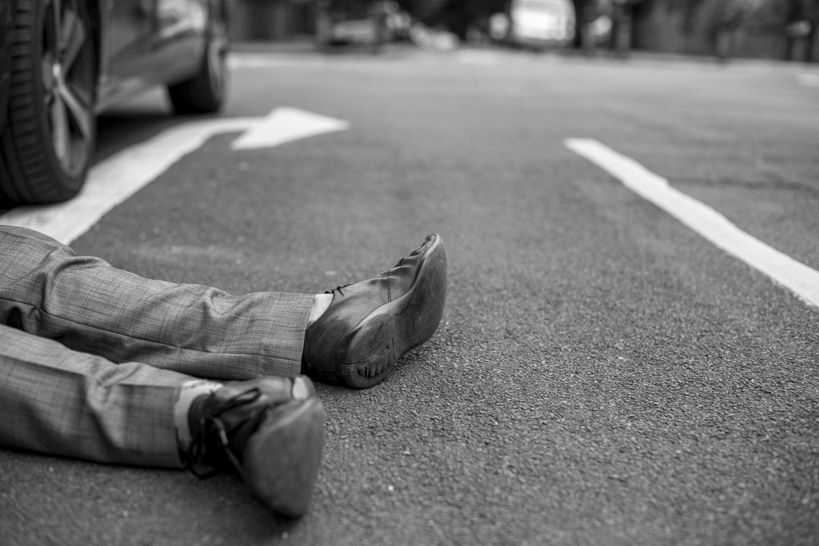A survey released on Friday, March 1, revealed that 78 percent or almost 4 out of 5 Filipinos are worried that they, or someone they know, will be a victim of extrajudicial killings (EJKs) in the midst of the current administration’s war against illegal drugs.
The survey, which was conducted by polling firm Social Weather Stations (SWS) from December 16 to 19, 2018, noted the increase in number from the June 2017 survey which showed 73 percent of Filipinos worried about EJKs.
According to the December 2018 survey, anxiety over EJKs was highest in Visayas (83 percent). It was followed by Metro Manila (79 percent), Mindanao (78 percent), and Balance Luzon (75 percent).
The survey also revealed that the country is torn on who are the targets of the EJKs. Fifty percent said only the poor are victimized, while 48 percent said the problem does not choose a class. The remaining three percent answered only the rich are victimized.
In addition, 12 percent of Filipinos said they know someone who was a victim of EJK. Eight percent answered that an acquaintance of theirs had been a victim, while 3 percent said it was their neighbor. Other answers included a relative (2 percent), best friend (2 percent), or officemate (2 percent).
The December 2018 survey was conducted through face-to-face interviews with 1,440 adults, aged 18 years and above. SWS noted that there was a sampling error margin of ±2.6 percent for national percentages, and ±5 percent each for Balance Luzon, Metro Manila, the Visayas, and Mindanao.
‘Something amiss’
The Philippine National Police (PNP), for its part, insisted that the SWS survey was incorrectly done.
During a Camp Crame briefing on Monday, PNP chief Director General Oscar Albayalde said, “I don’t want to dispute the statistics derived from SWS except there is something amiss with how the questions are framed in relation to the perception [of] the alleged police involvement in illegal drugs and alleged EJK.”
He also said the question of the SWS was bound to evoke fear from respondents due to its phrasing.
“Mali naman kaagad na ‘Gaano kayo nangangamba.’ Everyone will be scared of course, sino ba ang ‘di takot mamatay, sino ba ang ‘di takot mabiktima ng krimen? (It is wrong that you start with “How worried are you.” Everyone will be scared, of course. Who is not afraid of dying? Who is not afraid of being victimized by crime?),” Albayalde said.
He added that the SWS should have explained the definition of EJK.
EJK, based on Administrative Order 35 of the Aquino administration of which the PNP follows, is committed by “state and non-state forces” to silence, “through violence and intimidation, legitimate dissent and opposition raised by members of the civil society, cause-oriented groups, political movements, people’s and non-governmental organizations, and by ordinary citizens.”
However, newly-signed Republic Act No 11188 or the Act for Special Protection of Children in Situations of Armed Conflict defines EJK as an “act and omission of State actors that constitute violation of the general recognition of the right to life embodied in the Universal Declaration of Human Rights, the United Nations Covenant on Civil and Political Rights, the UNCRC and similar other human rights treaties to which the Philippines is a state party.”









